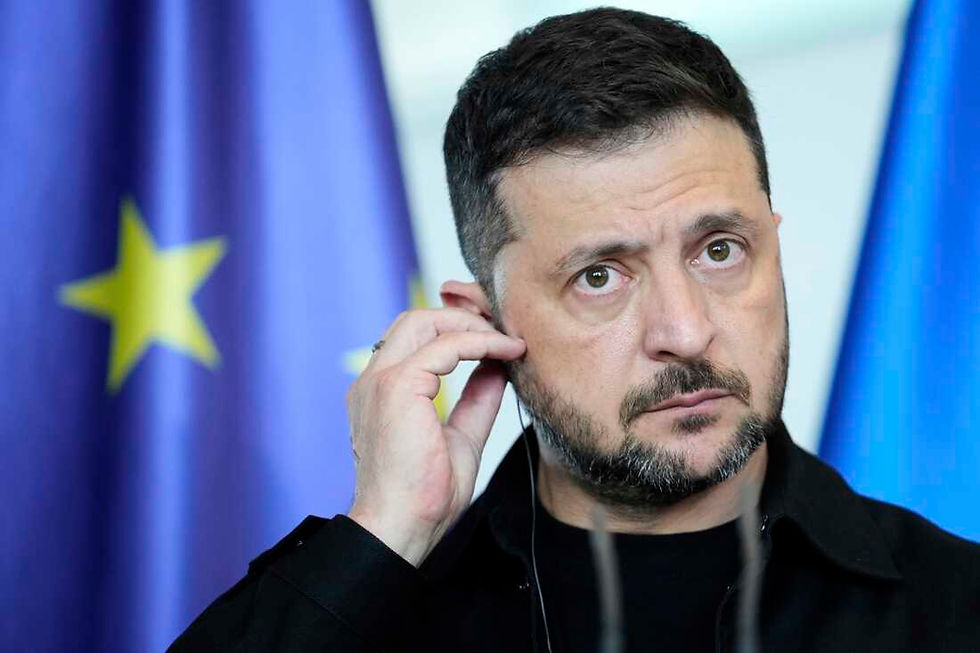SOUTH AFRICA IS PAYING THE PRICE OF ITS EARLY DETECTION VARIANT
- Worldopress Desk
- Dec 11, 2021
- 2 min read

On November 26, WHO designated a new variant of corona virus as B.1.1.529 as a variant of concern. South African scientists discovered this new variant among its population and soon the world responded despicably by announcing the blanket travel bans to curb the spread of the variant of concern. A large billable of efforts are undertaken to nip this problem in the bud but the actions taken are damaging to South Africa’s plummeting economy. Recent travel bans imposed on South Africa and neighboring countries in reaction to the finding of the omicron variant in southern Africa have whacked the country's safari business, already hard smash by the pandemic. South Africa's tourism industry underwent a more than 70% dip in foreign tourists in 2020, with COVID-19 indicted for the drop from about 15 million travelers in 2019 to less than 5 million in 2020. Tourism engages about 4.7% of South Africa's workforce. South African President Cyril Ramaphosa has condemned the travel bans put by Britain and many others, entailing some African countries as "hypocritical, harsh and not supported by science." He chastised the constraints as "travel apartheid."The implementation of kneejerk decisions caused havoc all over the world about this new variant amazingly for which a detailed and authentic study has not been conducted regarding its effects and transmissibility.
South Africa should be commended for its vigilance and information. However, it has faced ostracisation by some countries. European and western countries assumed that travel bans would help to contain the virus but the virus successfully spread its reach to many nooks and corners of the world. It would have been preferred if countries collaborated, and supported countries like South Africa, which reported the variant. Any sense of punishment for such reporting will be bad for others who report such measures in the future.
CRUDE FACTS
According to the Africa Centre for Disease Control (ACDC), as of December 3, Africa had 8.6 million cases of Covid-19 and more than 2.23 lakh deaths. An estimated 8.1 million people recovered and 82.5 million tests were conducted. The ACDC recorded that Africa has dispensed 56.4% of its allotted doses; 10.6% of the people are partially, and merely 7%fully, vaccinated.
A RAY OF HOPE
In a quick response to the Omicron panic, India cleared all pleas flowing from COVAX for the supply of Covishield vaccines. These comprise supplies to Malawi, Ethiopia, Zambia, Mozambique, Guinea and Lesotho in Africa. The plea by Botswana for Covaxin is also cleared. India disseminated to the African countries that further necessities will be cleared expeditiously. India is willing to furnish necessary life-saving drugs, testing kits, gloves, PPE kits and medical equipment like ventilators to African countries. At the China-Africa ministerial meeting on November 29, China declared a surge of vaccine assistance to Africa. It vowed 1 billion vaccines in 2022. Six hundred million doses are anticipated as grants; 400 million would be through combined production in African countries. Other countries that manufacture the vaccine like the United States and Germany have also assisted Africa.
NEED OF THE HOUR
It is an impediment task before every nation to collaborate and coordinate with each other to come out with an undivided solution for all. Each nation should strive to coordinate in containing surging virus cases and speeding mortality cases. Vaccine hesitation and vaccine nationalism should not become a barrier in ensuring well being of the affected and likely to be affected people. Every nation should be willing to share details of variants, genome sequencing, scientific analysis, and most importantly sharing of vaccines. Collective efforts can enable us to defeat the battle against the insidious virus.









Comments